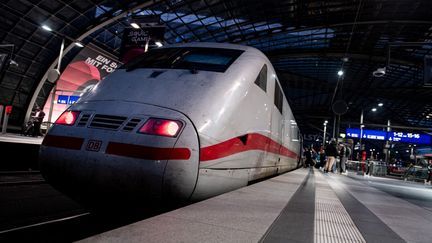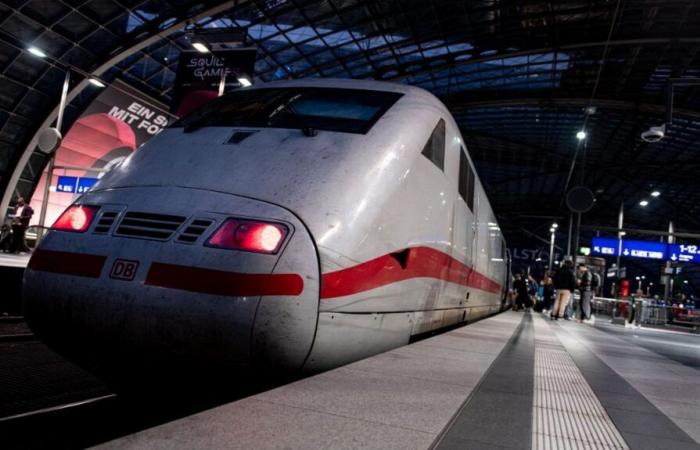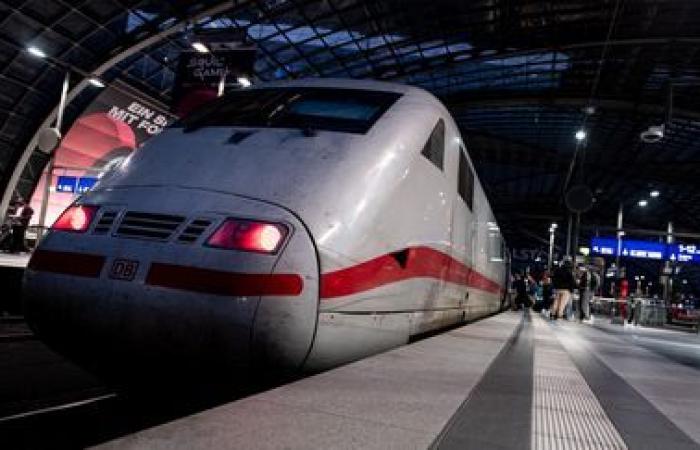From Monday a high-speed train will connect the two city centers of the French and German capitals. Still allow eight hours to make the journey.
Published on 16/12/2024 07:49
Updated on 16/12/2024 07:50
Reading time: 2min

Connecting Paris to Berlin by high-speed train in one go is possible from Monday December 16. Departure from Paris scheduled for 10 a.m. It will still take eight hours to connect the two capitals, compared to two by plane. But with the rail option, we are talking about a carbon-free trip. This is what we call “slow travel”, in good French.
A mode of transport increasingly popular with tourists, but also business customers, keen to minimize their carbon footprint when traveling. For reference, a Paris-Berlin train trip emits 2 kg of CO2 per passenger, compared to 200 kg for a plane trip.
It is not the French TGVs which will run on both sides of the Rhine in both directions, but the ICEs, the German equivalent of our TGVs. ICEs operated by Deutsche Bahn. To begin with, the pace will be one train per day, in one direction or the other. A thousand kilometers at a speed of 260 km/h on the German rail network compared to 320 km/h in France. The first ICE was due to leave the Gare de l'Est in Paris on Monday with SNCF CEO Jean-Pierre Farandou on board. Expected arrival in Berlin at 6:00 p.m. In the opposite direction, an inaugural train will leave the German capital at noon to arrive in Paris around 8 p.m. The entry price is €59.99 in second class, and €69.99 in first class.
This is the first time that the two capitals Paris and Berlin will be directly connected from city center to city center. The same goes for Strasbourg, a European city with the seat of the Parliament of the 27 member states, which will thus be connected at high speed to the German federal capital. Paris and Berlin, France and Germany, which the Second World War had violently divided. We remember the railway tracks used as a weapon and tool by the French Resistance through sabotage. Today, it is the image of the two economic engines of the euro zone linked thanks to an ever more integrated rail Europe.
France








